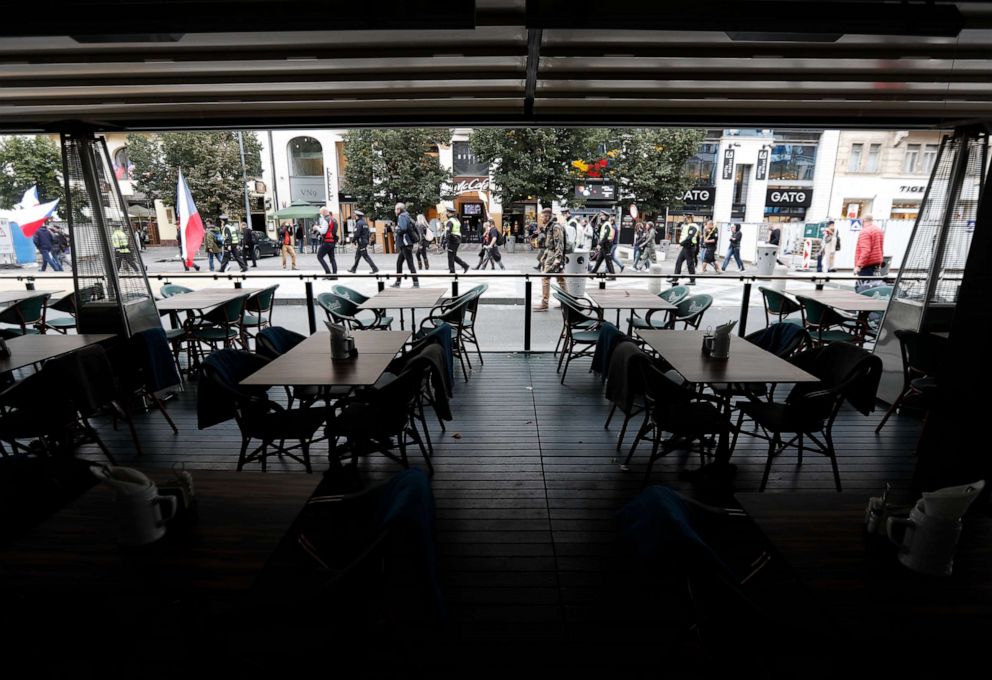Boston pauses school reopening plans as cases rise
Boston is pausing its school reopening plan as coronavirus cases rise in the city and across Massachusetts, Boston Mayor Marty Walsh announced Wednesday.

Fourth through eighth grade classes were set to transition to a hybrid learning model the week of Nov. 5, and ninth through 12th grade classes the week of Nov. 16 -- but now in-person start dates will be determined at a later date.
Preschoolers and kindergartners set to return to the classroom on Monday now will have to wait until at least Oct. 22.
Boston Public Schools began its first full week of hybrid learning last week for students with special needs, English language learners and for students who are homeless. These 1,300 high-need students will continue with in-person learning should their parents so choose.
The decision comes after Boston’s rate of positivity climbed over 4%. Coronavirus cases have been steadily rising in Massachusetts since early September, with the state's seven-day average rising 109% over the last month.
The city will re-evaluate reopening schools later this month based on the data in the coming weeks.
ABC News' Arielle Mitropoulos contributed to this report.







